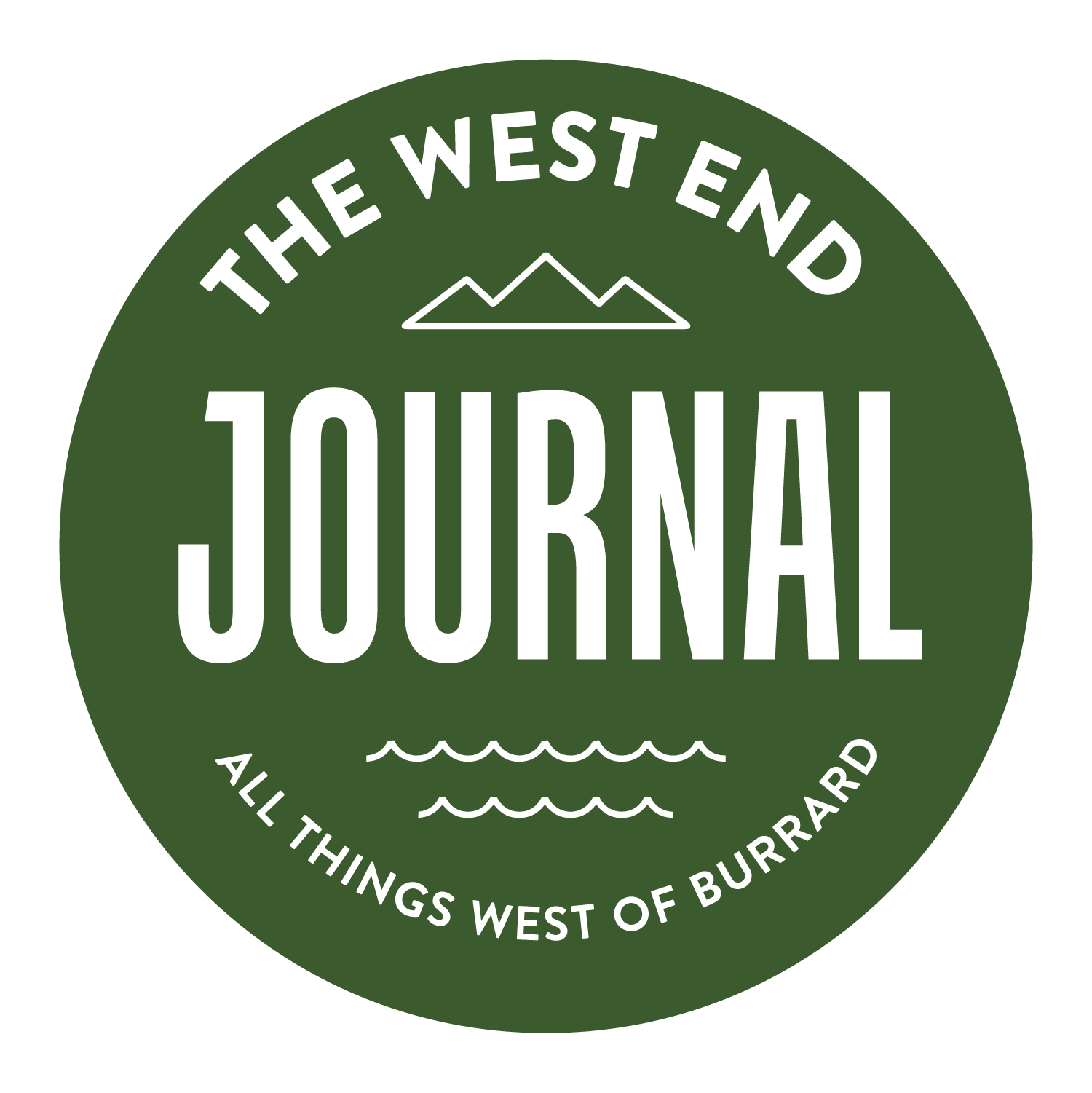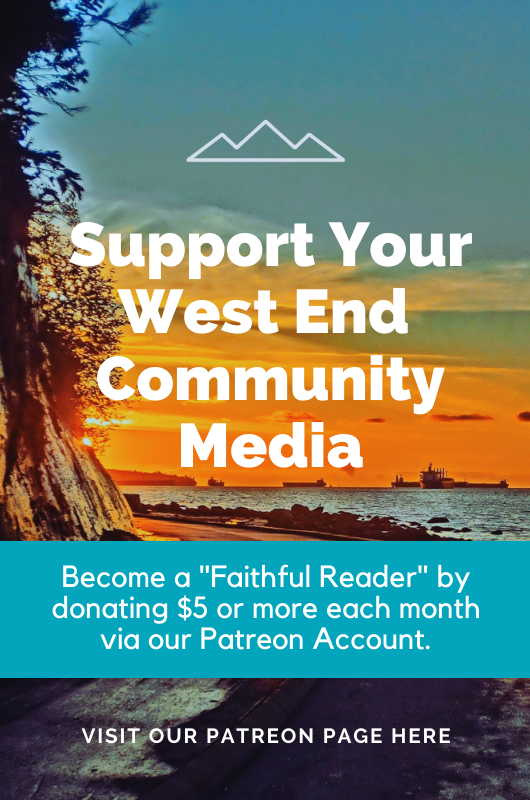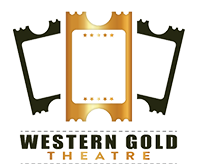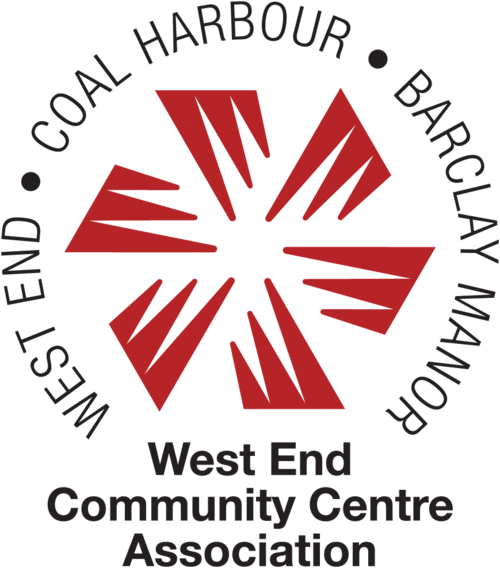THE TALK OF THE TOWN
/What Do We Have For You This Month?
Welcome to “The Talk of The Town” for April, 2023. Scroll through the following features to find:
Our Lead Story: What is happening to the once popular and busy Robson market?
West End News & Notes: The latest on the long-dry fountains and a new executive director for the West End Seniors’ Network.
West End Street Names: Many West End lanes are now named for notable persons who made contributions to the political, social, and business life of our community. This month we look at the story behind Jung Lane.
The West End - Coal Harbour In The News: In case you missed it, West End and Coal Harbour news as reported in local media in March.
Our Lead Story
ROBSON MARKET
From Flourishing to Perishing
by Lucas Pilleri
(Click images to enlarge)
Why has the Robson Market become deserted?
For new West Enders, the Robson Public Market, located at 1610 Robson Street, might not seem attractive, but not so long ago it was a prime location for grocery shopping.
Robson Market’s attractive glass exterior fronts an increasingly deserted mall. (Lucas Pilleri Photos)
Glenda Bartosh, who has been living in the West End for years, used to love the market. “It was great – a real happening place with a good vibe and so much, both in quality and quantity, on offer in terms of groceries and eateries. Lord knows why it’s gotten so empty and rundown," Bartosh said.
Nowadays the market hosts only a handful of shops, including a butcher, a café, a post office and a honey boutique. But in its flourishing days two dozen businesses would attract shoppers for fresh produce, seafood, meat, bakery goods and other delicacies.
Brian Porter, a West End resident since 1971, was there on opening day in 1985. He would then visit the market two to three times a week: “It was crowded and busy,” he recalls.
Yet, he no longer shops there: “The turnover of retail locations within the market has been pretty dramatic. The present state of the market is sad,” Porter said.
So, what happened?
For some, the opening of Safeway, Whole Foods, and Aria Market on Robson Street sentenced the independent market to death. The economic crisis of 2008-2009 also drastically affected the prosperity of the place. “2008 was the year it all fell apart,” recalls Manzar Atakhanov, who manages the market’s Robson Gourmet Butcher shop (featured in this month’s Business Spotlight here).
There are more gated and empty spaces than active stores.
Month after month, shops shut down, all victims of a global snowball effect that had consumers favouring cheaper options.
Since then, empty spaces have remained vacant: “The occupancy is really bad, there’s room for a dozen more businesses,” says Atakhanov, who finds himself surrounded by empty spaces – not exactly an inviting scene to attract more customers.
Sadly, business owners inside the market seem to be resigned: “The place is getting creepier and no one wants to revitalize the place,” the young manager regrets.
Whose fault?
When asked privately, several other business owners interviewed by The West End Journal (TWEJ) point towards a common factor: the building owners. “We’ve had a leak at the top floor for eight years now,” one of the shop owners said. “We have visibility issues,” said another. Yet, no effort is made on maintaining, let alone upgrading, the amenities they say.
“It could be a great place for West End residents. I gave [the owners] ideas, but they have no interest in making renovations,” another owner said. Under these circumstances, they too might soon leave.
According to the merchants, the building owners are holding the site for a future development, with no intention of making it a flourishing commercial space again.
“They’re invisible owners,” added one of them, specifying that they own about 15 buildings in the area. “They receive $700,000 a year from us in rents, and they pay property taxes of about $800,000. They’re running it at a loss because they wish to sell.”
According to this person, the building owners tried to sell the market in 2018-2019, but the City blocked the rezoning application for a high-rise building. “Now they’re stuck, they’re just waiting for new buyers.”
The company that owns the market is Paragon West Developers Ltd, based in Richmond. However, the business licence expired in 2014 according to publicly available information. The company owners, George Loo and his wife Wanni Yau, didn’t reply to TWEJ’s several attempts to contact them to give their side of the story.
Yet another high-rise?
According to current zoning, 1610 Robson Street is classified as a C-5A Commercial District, allowing a maximum building height of 18.3 metres. That said, the City of Vancouver specifies that the planning schedule “gives the Director of Planning or the Development Permit Board the discretion to consider increases to height and density without requiring a Rezoning application.” This discretion power is limited to a maximum height of 64 metres.
Shoppers and browsers are seldom seen in Robson Market’s once busy aisles.
With the City giving the green light to more and more high-rise condo towers in the West End over the past few years, the building owners may be able to convert the property or sell it as a development project.
The City told TWEJ that if such a request was made, staff would assess the proposal against the Zoning and Development By-law as well as the West End Community Plan, “seeking to find the balance between Council-adopted policies and guidelines, the objective qualities of the proposed development, and the specific needs of the community.”
Patrick Oystryk, a senior planner at Modus, believes a high-rise could certainly be built there. “It is an option,” he said. “It also depends on the profitability of the Robson Public Market today. Would the Director of Planning see a benefit or a loss in redeveloping the site if it was popular, profitable and beloved by the community?” Today, it seems Robson Market is none of those things. “When owners stop maintaining the facilities, it’s generally a strong sign,” Oystryk said.
According to BC Assessment, the total value of the site is estimated at $53,526,000 as of July 1, 2022. But the real market value is likely to be much higher.
The pressures of inflation aren’t likely to help bring back customers to the Robson Market. Unless serious revitalization efforts are made, the gentrification process of the neighbourhood will continue with yet another high-rise being built, killing the few small independent shops that still tenant the market.
West End News & Notes
CITY MOVES TO TURN ON WATER FEATURES
The Water Will Flow Again This Spring
Several public fountains in the West End have been dry since the autumn of 2021, when they were shut off by the municipal government for water conservation reasons. Following policy decisions of the previous City Council and the Vancouver Park Board, the municipal government’s original plan was to keep these non-compliant fountains turned off until retrofits were made to convert these flow-through water features to systems that recirculate water.
The long dormant fountain on Bute at haro should be back in action this spring. (James Oakes Photo)
However, last month Council responded to several petitions and presentations by West End residents and promised that this spring the fountains would be reactivated.
Prior to last year’s civic election former Mayor Kennedy Stewart had said that he would ensure that this happened, and following his election loss, residents renewed their efforts with the new Council. As a result, first-time Councillor Peter Meiszner, who is also a West End resident, brought forward a motion to direct City staff to create bylaw exemptions for non-compliant fountains “until such time as the Park Board can reasonably repair and/or upgrade these water features to be recirculating water features.” Council passed Meizner’s motion unanimously and directed City staff to report back no later than late April on potential bylaw exemptions and/or exceptions for water fountain features in public parks. This includes additional recommendations for “balancing the health and wellness benefits of decorative water fountains against regional water conservation objectives during periods of extreme water shortages and emergencies.”
This decision is a victory for the West Enders who worked to raise public awareness, including Haro Park seniors’ center resident Charlotte Tarver and her team of volunteers.
The West End Journal first covered Tarver’s campaign in our August, 2022 issue here and followed up in our October, 2022 issue here.
CLAUDINE MATLO IS THE NEW EXECUTIVE DIRECTOR AT THE WEST END SENIORS’ NETWORK.
A NEW LEAD AT WEST END
SENIORS’ NETWORK
The West End Seniors’ Network (WESN) has announced the appointment of Claudine Matlo as the organization’s new executive director.
Matlo comes to the organization with more than 15 years experience working with the older adult population within Neighbourhood Houses and other organizations serving seniors. She holds a Masters of Gerontology and a Bachelor of Arts in Women’s Studies and Psychology from Simon Fraser University and most recently has held the role of Director of Family and Senior Services at Mt. Pleasant Neighbourhood House.
“Matlo brings proven experience working with public funders, managing and reporting on the various funding streams, and is well known and respected by our funders” said the WESN board in making the announcement. “She will be bringing skills in fiscal management, human resources and community engagement as we start afresh in the post pandemic environment,” they added.
West End Street Names
In 2017 the City started naming eight of the lane ways that run east and west through the West End. Here is the story behind Peter Jepson-Young Lane. The West End Journal series “Name That Lane” first ran in 2020/2021.
Dr. Peter Jepson-Young.
PETER JEPSON-YOUNG LANE
by Lucas Pilleri
Located between Comox and Pendrell streets, Jepson-Young Lane runs from Thurlow to Cardero, and from Bidwell to Stanley Park.
Peter Jepson-Young (1957-1992) was a doctor in Vancouver who became famous for promoting AIDS and HIV awareness in the early 1990s. He appeared regularly on CBC-TV with a series called The Dr. Peter Diaries, in which he documented his own life as a person living with AIDS, becoming the face of the tragic epidemic in the eyes of the public.
Ultimately best known simply as Dr. Peter, he was born in New Westminster, raised in Nanaimo and North Vancouver, and graduated from the University of British Columbia in the 1980s. The future was promising for the 29-year-old physician until he was diagnosed with AIDS and given nine to 14 months to live. This was 1986 and the disease was still very much unknown.
After surviving a rare form of pneumonia and two heart attacks in the same year, Dr. Peter slowly recovered and returned to work. But AIDS symptoms returned three years later with an eye infection, eventually turning him blind. The young physician became unable to practice medicine.
He then decided to educate the public about AIDS with his own series – The Dr. Peter Diaries. The show was broadcast nationwide after the evening news on CBC-TV from September 1990 up to his death in November 1992. Throughout the 111 episodes, Dr. Peter showed the world what it meant to be struck by this new, devastating disease. The segments are still accessible on CBC’s website.
Although Jepson-Young’s parents were worried about the public response, CBC received thousands of positive comments, and a big viewer base allowed the show to run for many episodes on a weekly basis.
"If I have managed to reach out and educate people, to touch them and perhaps change their viewpoint about people with AIDS and gay people, then I think that will be my greatest contribution," Dr. Peter once said in an episode of the Diaries.
Conscious of how fortunate he was to be surrounded by friends and family — and his guide dog Harvey — Dr. Peter knew this wasn’t the case for all people affected by the virus. Therefore, just a few weeks before his death, he created the Dr. Peter AIDS Foundation with the help of his partner Andrew Hiscox and his sister Nancy Hennessy. The Foundation later opened the Dr. Peter Centre, a 24-hour care residence for people living with HIV/AIDS. As of 2018, his mother Shirley was still volunteering at the centre.
“No one has ownership of this disease – unfortunately, it belongs to all of us and the only way we’re going to conquer this is through cooperation,” Dr. Peter said.
Dr. Peter died in 1992, leaving behind a more educated public and having broken down some of the stigmas associated with AIDS. To this day, his brave actions have helped thousands of Canadians on their journey against HIV/AIDS.
In 1993, the documentary The Broadcast Tapes of Dr. Peter was nominated for an Academy Award for Best Documentary Feature. A biography by journalist Daniel Gawthrop was published in 1994, titled Affirmation: The AIDS Odyssey of Dr. Peter.
The West End - Coal Harbour In The News
Vancouver Bills Back Costs of Barge On The Beach / CBC News / March 2
Seawall: Unique or In Need of Critique? / Vancouver Sun / March 4
Folks Climb Fencing To Walk The Seawall / Vancouver Is Awesome / March 6
Coal Harbour Condo Sets Price Record at $19M / Daily Guardian / March 14
4/20 Gathering Set for Sunset Beach / City News / March 15
Shop on Robson Closed For Shocking Reason / Vancouver Is Awesome / March 17
Hydro To Decommission Two Electrical Vaults After Explosion / CBC / March 18
Cyclists Protest Stanley Park Bike Lane Removal / Global News / March 20
Stanley Park Easter Train Cancelled / Global News / March 20
Herons Return To Stanley Park / Global News / March 21
Comedy Fest Coming To Stanley Park? / Daily Hive / March 22









